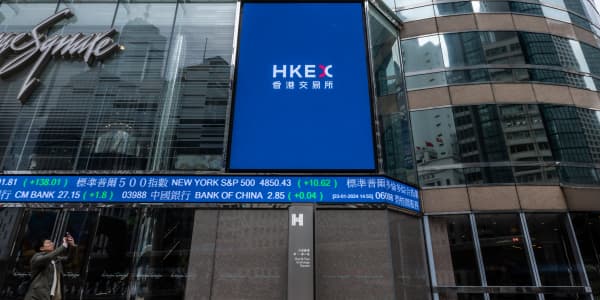A woman wearing a face mask rides a scooter past the U.S. Federal Reserve in Washington, D.C., the United States, on Jan. 27, 2021.
Lie Jie | Xinhua News Agency | Getty Images
The Federal Reserve has long been thought of as first and foremost an inflation fighter, using its power over interest rates to maintain price stability in the U.S. economy.
At least for the foreseeable future, that role is taking a backseat to a larger effort at getting America back to work.
Under the central bank's new policy regime, the Fed now aims at not only full employment but also a jobs market that provides equal benefits across racial, income and gender lines. That means a focus away from what officials see as a long-term benign inflation picture and a concerted effort at a broad and inclusive jobs recovery.
The ramifications are important on both an economic and investing level.





